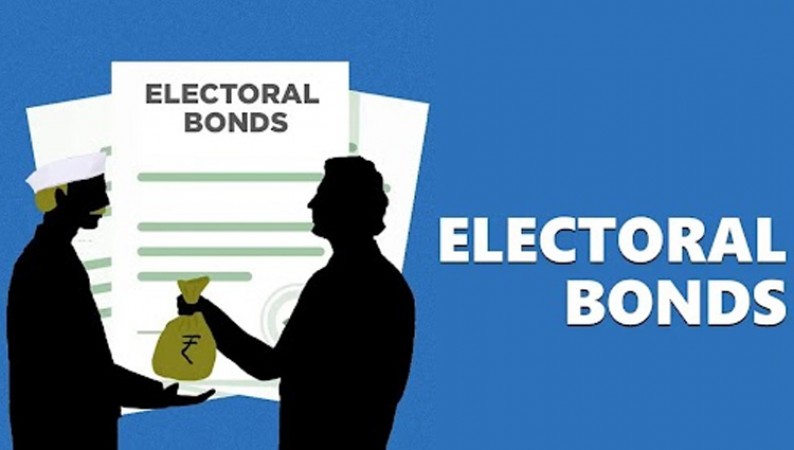
New Delhi: In a bid to safeguard the integrity of the Electoral Bond Scheme, India's Solicitor General, Tushar Mehta, presented a plea to the Supreme Court on Thursday, seeking to introduce legal consequences for any breach of electoral bond donor confidentiality by the State Bank of India. Mehta emphasized that if the bank fails to uphold the confidentiality clause, the court should consider imposing penalties, thereby establishing criminal liability for any breach of trust.
What Was Presented by the Government?
Addressing concerns about donor confidentiality raised by the court, the Solicitor General also proposed that there was no necessity to annul the scheme altogether. Instead, he suggested that provisions related to accessing donor information could be strengthened, akin to the approach taken in the Aadhaar case.
Mehta elaborated, stating, "The court may stipulate that investigative agencies can access information about an electoral bond donor only with a court order, similar to the Aadhaar card case. Kindly incorporate this principle into the Electoral Bond Scheme."
Which Bank Is Authorized to Issue Electoral Bonds?
Under the Electoral Bond Scheme, the exclusive authority to issue electoral bonds in denominations of Rs 1,000, Rs 10,000, Rs 1,00,000, Rs 10,00,000, and Rs 1 crore rests with the State Bank of India. The scheme permits individuals and companies who are citizens of India to purchase these bonds and contribute them to any political party, with the bank being obligated to maintain the confidentiality of the purchaser/donor information.
However, during the hearing, a panel of five judges responsible for adjudicating petitions challenging the scheme voiced concerns that the government might have unrestricted access to donor information held by the bank.
Solicitor General Eases the Court's Concerns
In an effort to alleviate the court's concerns, the Solicitor General reassured the judges that no unauthorized entities could access the donor information held by the bank. He also proposed that if the court believed that donor confidentiality needed further protection, an additional layer of security could be introduced by integrating it into the existing framework of the Electoral Bond Scheme."
Punjab Governor Grants Consent for the Introduction of Two Bills in Assembly
Delhi High Court Upholds the Right to Marry as a Fundamental Freedom